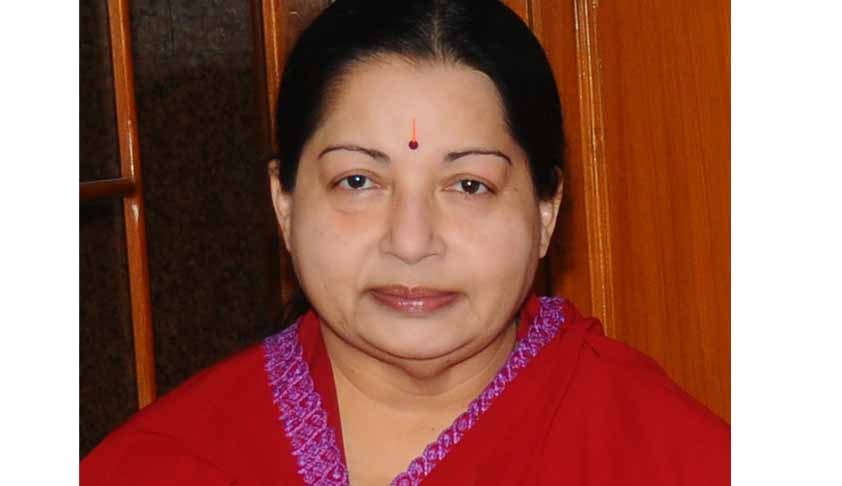Hearing a Writ Petition on Monday,the Apex court held that the removal of the Public Prosecutor G Bhavani Singh,in the disproportionate assets case against Tamil Nadu Chief Minister Jayalalithaa, is not sustainable in the eyes of law. The Court referred the matter to the High Court of Karnataka to decide on the administrative side as to whether to conclude the trial expeditiously as...

